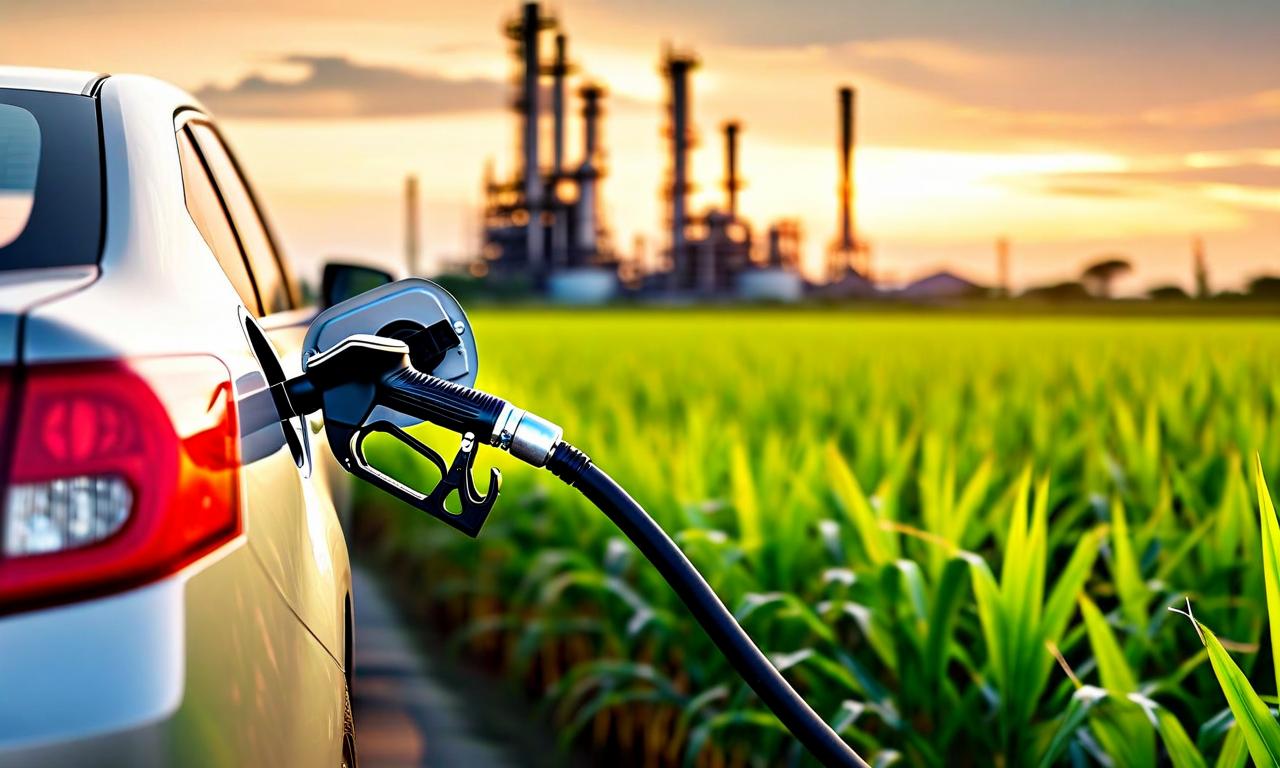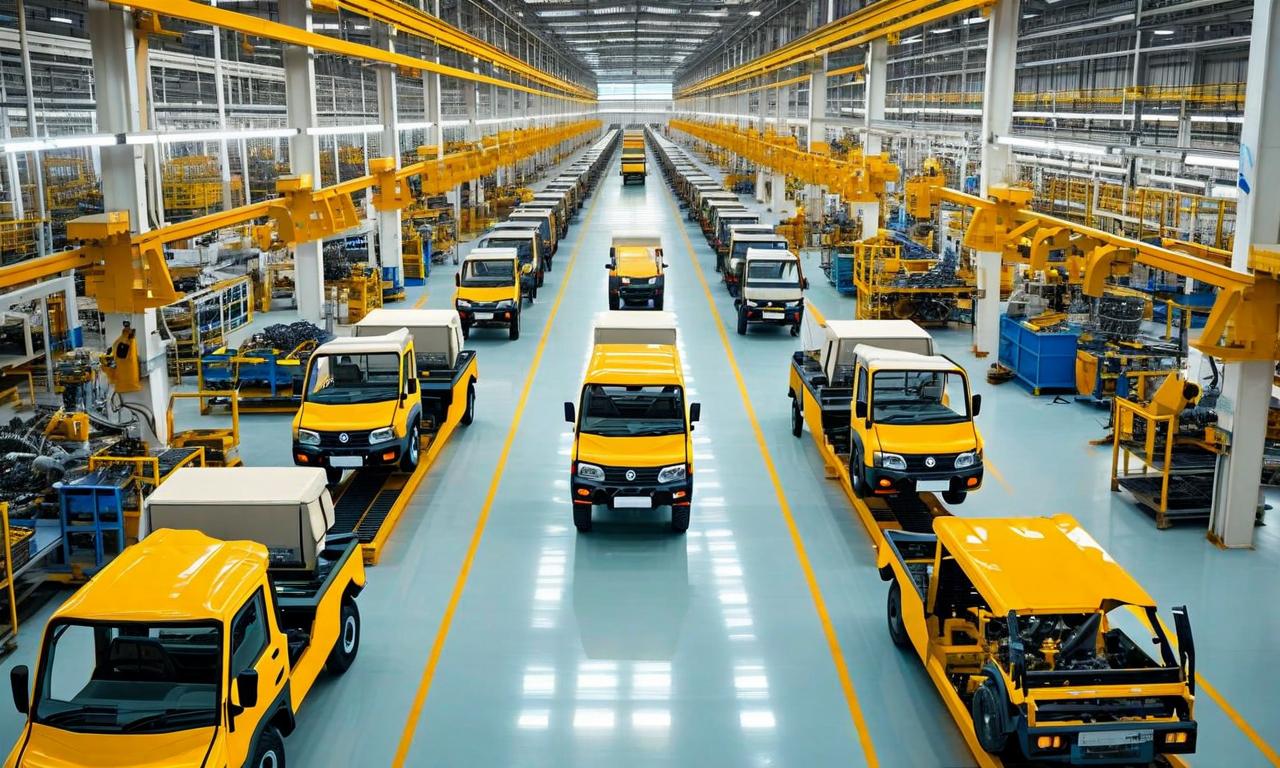Supreme Court Backs Government's E20 Fuel Policy, Dismisses Challenge
The Supreme Court of India has dismissed a Public Interest Litigation (PIL) challenging the government's decision on E20 fuel, removing a legal obstacle to the ethanol blending policy. E20 fuel, a blend of 20% ethanol and 80% gasoline, is part of India's strategy to reduce fossil fuel dependence, cut oil imports, and lower carbon emissions. The ruling allows the government to proceed with its plan to increase ethanol content in petrol to 20% by 2025. This decision is expected to impact environmental sustainability, boost the agricultural sector, and enhance energy security. However, challenges remain in infrastructure development, vehicle compatibility, and public awareness for widespread E20 fuel adoption.

*this image is generated using AI for illustrative purposes only.
In a significant development for India's renewable energy and fuel policy, the Supreme Court has dismissed a Public Interest Litigation (PIL) that challenged the Union government's decision regarding E20 fuel. This ruling effectively removes a legal hurdle to the government's ambitious ethanol blending policy for automotive fuel.
Understanding E20 Fuel
E20 fuel refers to a blend of 20% ethanol and 80% gasoline. The Indian government has been promoting this fuel mix as part of its efforts to reduce reliance on fossil fuels, cut down on oil imports, and lower carbon emissions in the transportation sector.
Legal Challenge Overcome
The dismissal of the PIL by the Supreme Court is a crucial win for the government's renewable energy initiatives. The court's decision upholds the government's authority to implement its ethanol blending policy, which aims to increase the percentage of ethanol in petrol to 20% by 2025.
Implications of the Ruling
This ruling has several important implications:
- Policy Continuity: The government can now proceed with its E20 fuel implementation plans without this legal impediment.
- Environmental Impact: The move towards E20 fuel is expected to contribute to reducing vehicle emissions and improving air quality in Indian cities.
- Agricultural Sector Boost: Increased ethanol production for fuel blending could provide additional income opportunities for farmers who grow crops used in ethanol production.
- Energy Security: By reducing dependence on imported oil, E20 fuel could contribute to India's energy security goals.
Challenges Ahead
While the legal path is now clear, the widespread adoption of E20 fuel still faces challenges:
- Infrastructure Development: Fuel stations across the country will need to be equipped to store and dispense E20 fuel.
- Vehicle Compatibility: Ensuring that a significant portion of the vehicle fleet is compatible with E20 fuel will be crucial for successful implementation.
- Public Awareness: Educating consumers about the benefits and proper use of E20 fuel will be essential for its acceptance.
The Supreme Court's decision marks a significant milestone in India's journey towards cleaner fuel alternatives. As the government moves forward with its ethanol blending targets, the coming years are likely to see substantial changes in the country's automotive fuel landscape.
























